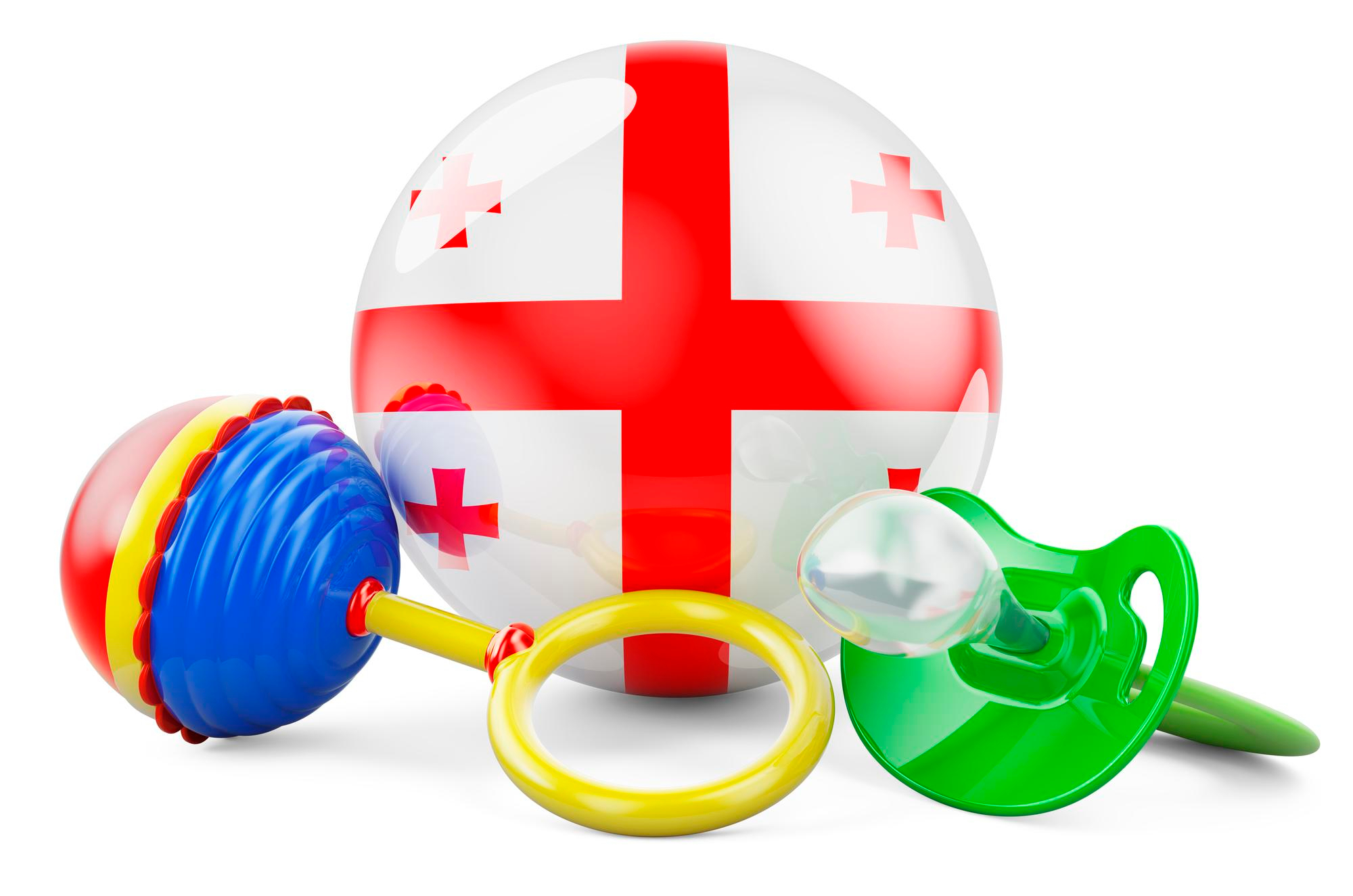Surrogacy is a powerful and often life-changing option for many couples looking to start or expand their families. With advancements in reproductive technologies, intended parents now have multiple approaches to consider. Among these, self-cycle IVF and shipped embryos represent two distinct methods with unique benefits. Understanding the differences between them can help in making informed decisions according to personal preferences and circumstances.
Understanding Surrogacy Programs
Surrogacy involves a woman, known as a surrogate, carrying and delivering a child for another couple, referred to as the intended parents. There are two primary types of surrogacy: gestational surrogacy, where the surrogate has no genetic link to the child, and traditional surrogacy, where the surrogate’s egg is used, making her the biological mother. The choice between self-cycle IVF and shipped embryos falls under the category of gestational surrogacy.
Self-Cycle IVF in Surrogacy
Self-cycle IVF involves the intended mother undergoing ovarian stimulation to produce eggs, which are then retrieved and fertilized with the intended father’s sperm. The resulting embryos are transferred to the surrogate’s uterus.
Advantages of Self-Cycle IVF
One of the main advantages of self-cycle IVF is the genetic connection it offers to the intended parents. This method allows the intended mother to have a biological link to the child, which can be significant for many families. Additionally, the intended parents have greater control over the embryo development process. Our specialists at SILK Medical provide expert guidance to maximize these benefits.
While the process is rewarding, it does require the intended mother to undergo hormonal injections and egg retrieval. However, our team at SILK Medical prioritizes patient comfort and safety, carefully monitoring and managing each stage to minimize any potential discomfort.
Shipped Embryos in Surrogacy
Shipped embryos involve the creation of embryos through IVF, which are then cryopreserved and transported to the location of the surrogate. This process allows intended parents to work with fertility clinics in different locations, providing greater flexibility and access to specialized services. SILK Medical offers state-of-the-art facilities for the cryopreservation and transportation of embryos, and partners with several trusted shipping companies to safely receive biological material.
Advantages of Shipped Embryos
The primary advantage of shipped embryos is convenience. Intended parents can create and store embryos at a clinic of their choice and ship them to the surrogate’s location, like SILK Medical in Tbilisi Georgia, when ready. This method also allows for greater flexibility in choosing the surrogate, as geographic limitations are minimized.
Although shipping embryos involves logistical planning, SILK Medical provides assistance to handle these aspects smoothly. Our legal advisors are knowledgeable in the regulations concerning embryo transportation, making the process straightforward for our clients.
Comparative Analysis
Medical Procedures
Both self-cycle IVF and shipped embryos involve complex medical procedures. Self-cycle IVF requires the intended mother to undergo ovarian stimulation and egg retrieval, followed by embryo transfer to the surrogate. In contrast, shipped embryos involve creating embryos in one location and transferring them after transportation. Each method has its own set of protocols and considerations. At SILK Medical, we verify that both procedures are performed with the highest standards of care.
Cost Comparison
The financial aspects of surrogacy can be significant. Self-cycle IVF often incurs higher initial costs due to the medical procedures the intended mother must undergo. Shipped embryos may have lower upfront costs but can incur additional expenses related to embryo transportation and legal requirements. SILK Medical provides detailed cost breakdowns and flexible payment plans to help our clients manage their budgets effectively.
Success Rates
Success rates for both methods depend on various factors, including the quality of the embryos and the surrogate’s health. Generally, success rates for self-cycle IVF and shipped embryos are comparable, but individual outcomes can vary. Consulting with fertility specialists at SILK Medical can provide a clearer picture based on specific circumstances.
Consulting with Professionals
Professional guidance is helpful in making the right choice in regard to surrogacy options. SILK Medical fertility experts can help you make informed and confident decisions and supply you with all the necessary information. Ultimately, the choice between self-cycle IVF and shipped embryos depends on individual circumstances and preferences. By choosing SILK Medical you can be sure that we’ll provide you the world-class level of care and support and help you achieve the dream of parenthood.
FAQs
What is the main difference between self-cycle IVF and shipped embryos?
Self-cycle IVF involves the intended mother undergoing ovarian stimulation and egg retrieval, while shipped embryos are created and cryopreserved at one location and transported to the surrogate. SILK Medical offers both options, ensuring flexibility and expert care.
Are there significant cost differences between the two methods?
Yes, self-cycle IVF often has higher initial costs due to the medical procedures the intended mother must undergo, whereas shipped embryos may incur additional transportation. SILK Medical provides detailed cost breakdowns to help clients make informed decisions.
Which method has higher success rates?
Success rates for both methods are generally comparable and depend on factors such as embryo quality and the surrogate’s health. SILK Medical’s fertility specialists can provide specific success rate information based on individual cases.
How does SILK Medical support intended parents through the surrogacy process?
SILK Medical provides comprehensive support, including medical procedures, legal guidance, and logistical planning. We do our best to provide smooth and successful surrogacy services for our clients.
Can I choose my surrogate with either method?
Yes, both self-cycle IVF and shipped embryos offer flexibility in choosing a surrogate. SILK Medical helps match intended parents with suitable surrogates for a compatible and successful partnership.


